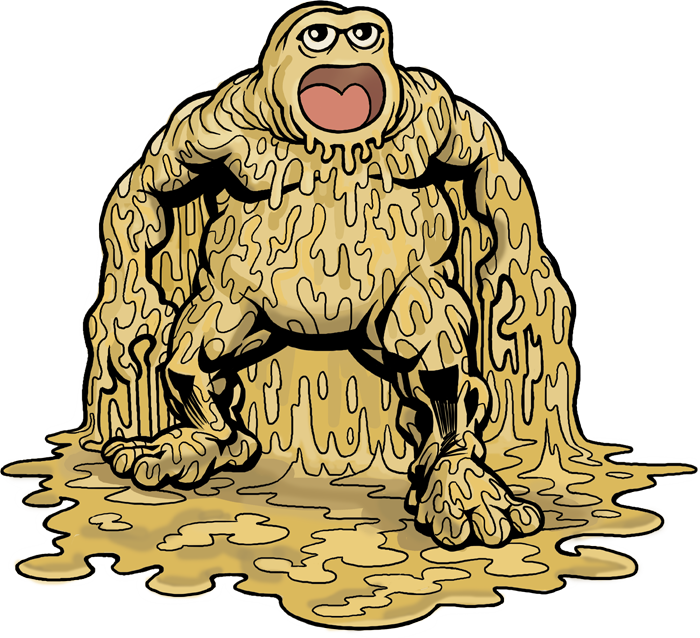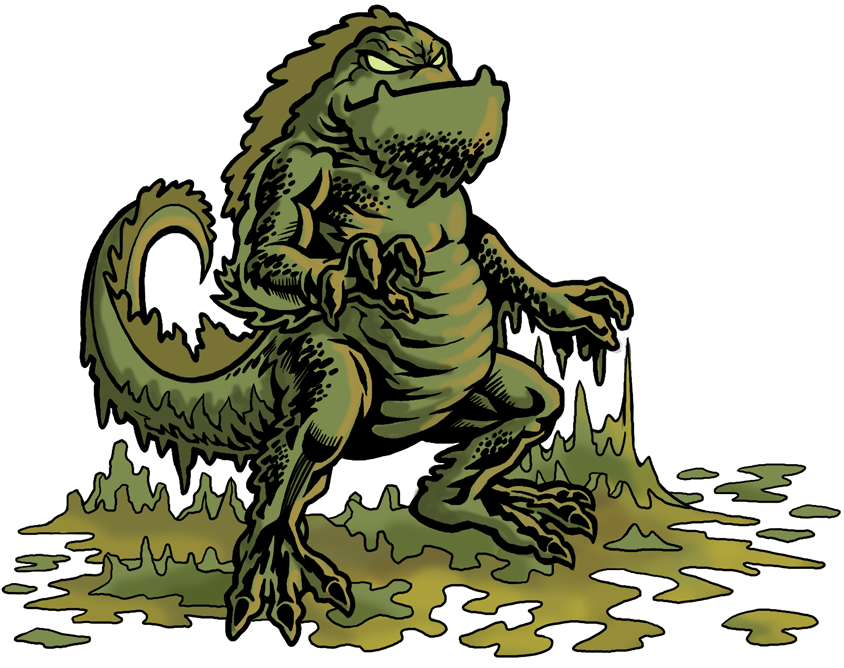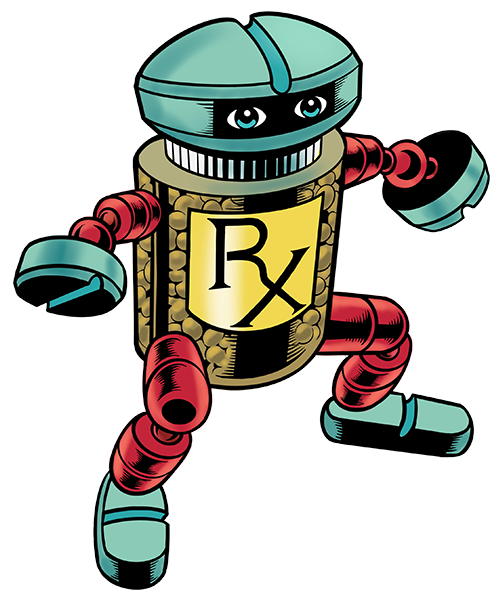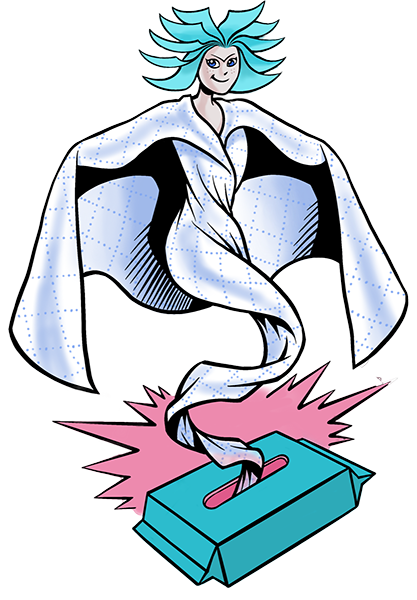How to Fight The CLOG Squad
Everyone can be a hero in the Fight against the CLOG SQUAD! By being GROSS, you help protect your neighbors and the City from cloged sewer lines, treatment plant issues and backup.
So why help?
Disposing household waste improperly can cost thousands of dollars in home and City maintenance repairs. Knowing what NOT to drain is the first step in being a Guardian Regarding Our Sewer System! Here are some tips:
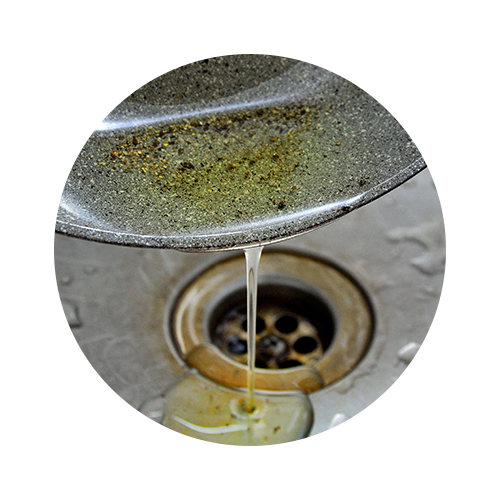
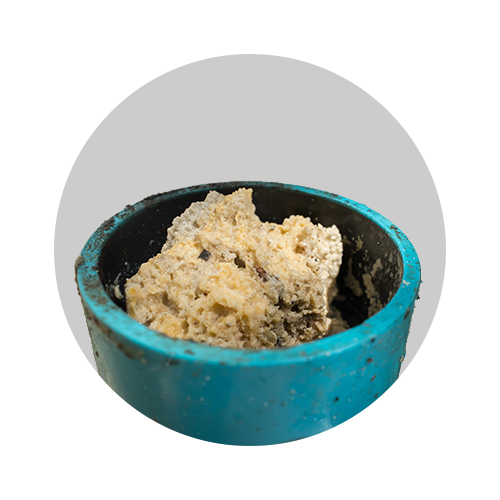
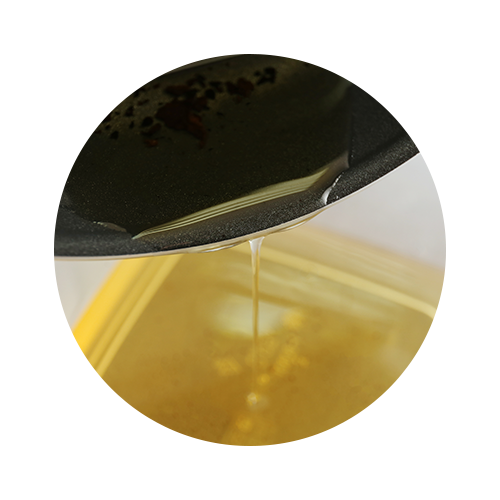
Pouring fat, oil or grease down the drain occasionally seems harmless, but over time they solidify and accumulate in pipes.
- Put fatty food scraps in the trash, not down the drain or garbage disposal. Try using your disposal as little as possible; don't use it as a food grinder.
- Use a paper towel to soak up as much fat and oil from greasy dishes before putting them in the sink or dishwasher.
- Collect oil and grease in a container. Once hardened, cover it, and throw in the trash.
- Use City of Surprise Yellow Oil Recycling Stations to dispose of used kitchen oils!
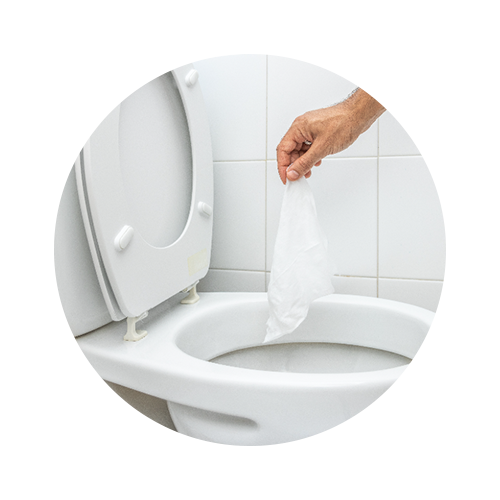
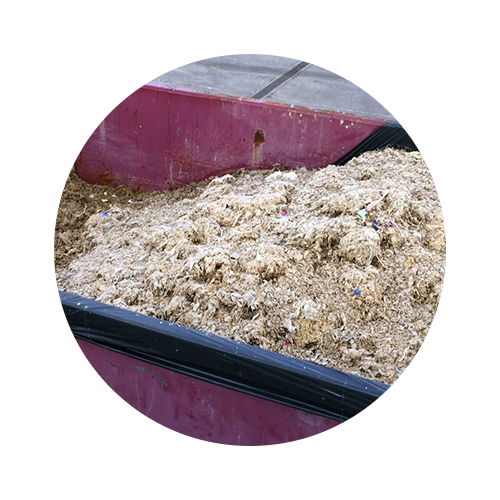
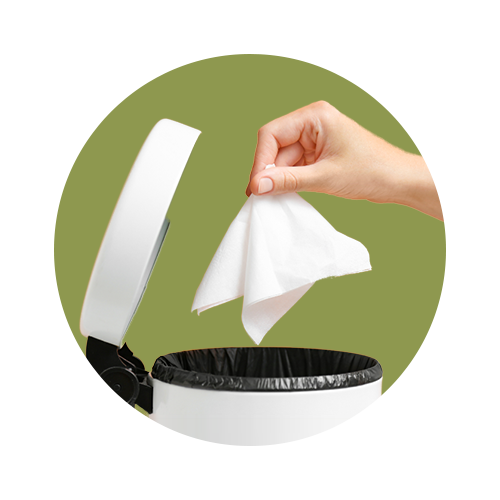
While many wipes may claim to be ‘flushable,’ they’re not. They don’t degrade quickly, causing clogs and flow issues.
- Only toilet paper should be flushed down the toilet. No wipes, tissues, paper towels or other sanitary items!
- Place wipes (and anything other than toilet paper) in a wastebasket in the bathroom.
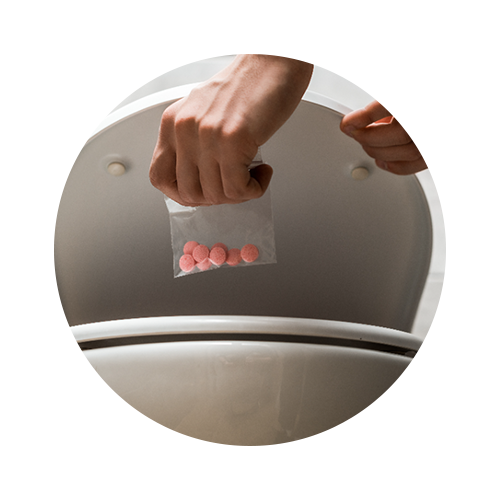
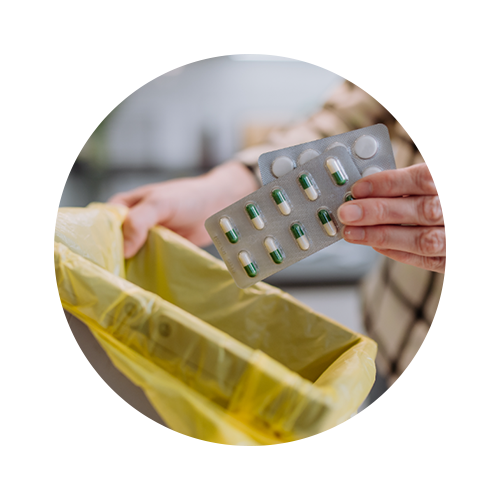
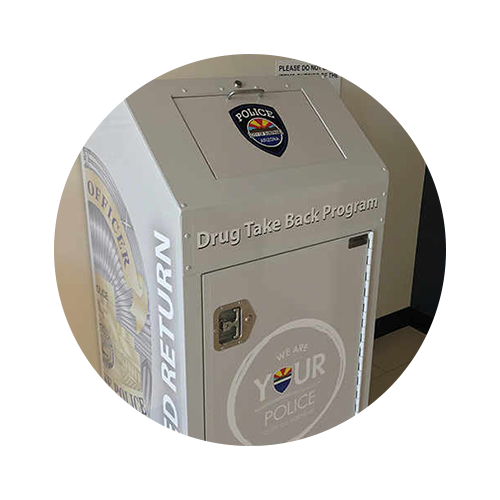
It’s smart not to throw pills in the trash, but flushing or pouring them down the drain can affect the environment and endanger public health
- Never put drugs in the trash or in your pipes.
- Many pharmacies will dispose of unused medications.
- Use City of Surprise Police Department’s Drug Take Back Program!
Learn More:
Residential Pretreatment | Commercial Pretreatment | Industrial Pretreatment
Yellow Oil Recycling
Surprise operates yellow oil disposal stations to encourage residents to properly get rid of used kitchen oils, helping to lower the cost of maintenance on City sewer lines and wastewater treatment infrastructure.
Large amounts of residential cooking oil, such as the oil used to deep fry a turkey, can be disposed of at the following locations:
FIRE STATION 303 - 15440 N. Cotton Ln.
FIRE STATION 305 - 15517 N. Parkview Pl.
Both stations are open 24/7 for used kitchen oil disposal ONLY. Motor oils are not accepted.
Used yellow oils are to be poured directly into the drums located at the station; please reuse your containers and do not leave them at the disposal station.
- Coconut Oil
- Corn Oil
- Canola Oil
- Cottonseed Oil
- Olive Oil
- Palm Oil
- Peanut Oil
- Safflower Oil
- Sesame Oil
- Soybean Oil
- Sunflower Oil
- Vegetable Oil
What is recycled cooking oil used for?
Used cooking oil can be processed and repurposed into biofuel, animal feed ingredients and several common household or commercial products like paints, cleansers, lotions, plastics, tires and more!

